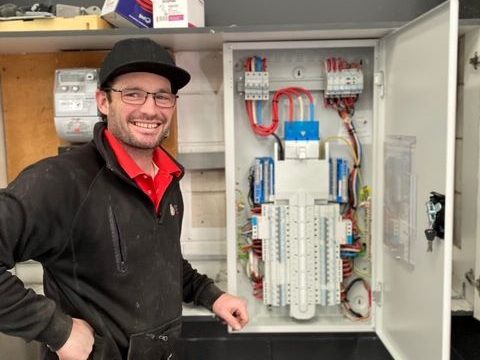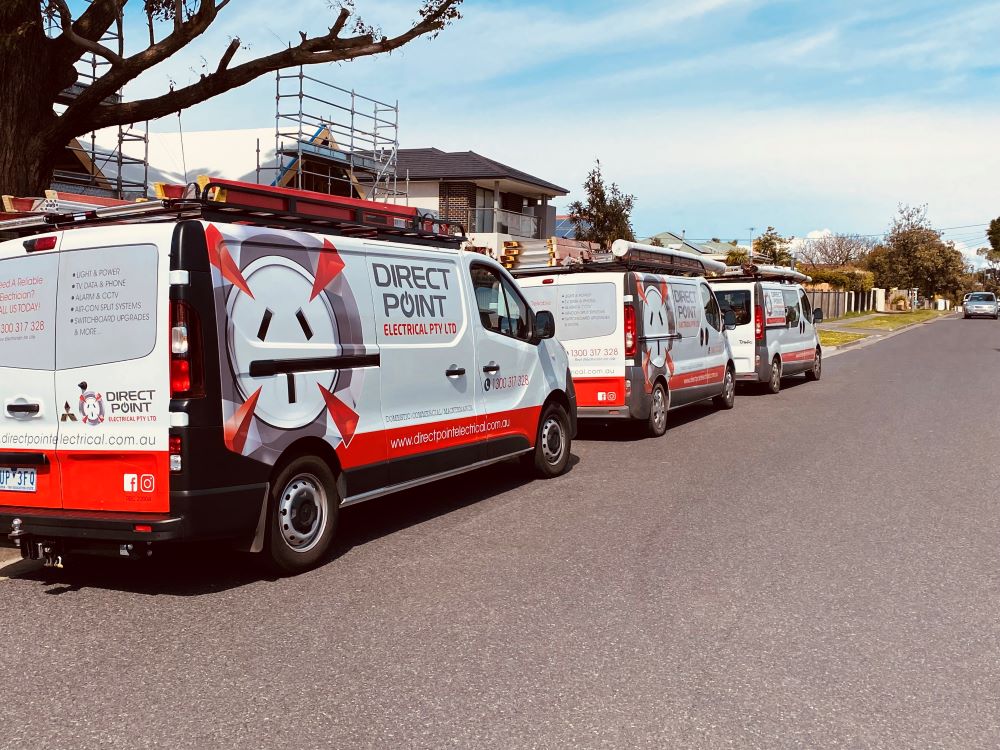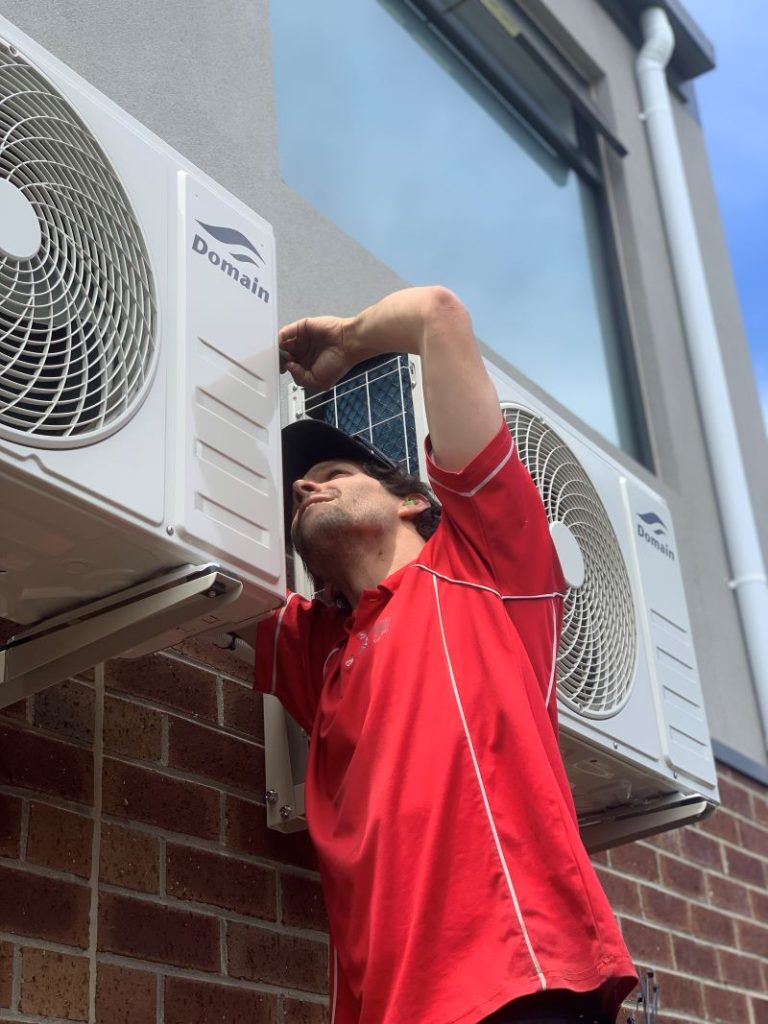Understanding the Importance of Regular Electrical Safety Inspections for Your Home
An electrical safety inspection is a thorough evaluation of your home’s wiring, switchboard, outlets, and crucial safety devices. This essential process guarantees compliance with the Australian Standard AS/NZS 3000 and uncovers potential hazards such as overloaded circuits, faulty wiring, or absent safety switches. Conducted by certified electricians, these inspections are vital for avoiding dangers like electric shock, devastating fires, and damage to your valuable electronic devices and appliances, ensuring the safety of your household.

Essential Electrical Safety Inspections Every Responsible Homeowner Should Conduct
Many homeowners often hold the misconception that their home’s electrical system is functioning optimally until a major issue arises. However, how can you verify that your wiring isn’t deteriorating behind the walls? Are you confident that your switchboard is operating correctly and not overheating? Regular electrical safety inspections are not merely precautionary; they are a necessary obligation, particularly in older neighborhoods such as Narre Warren and Rowville. Considering that most residences in these areas are over 40 years old, the original switchboards are often outdated and may require replacement. Regardless of whether you are buying, selling, renovating, or simply haven’t had an inspection in years, grasping the significance and mechanics of inspections is vital for maintaining your home’s safety and security.
Comprehensive Overview of What an Electrical Safety Inspection Involves
An electrical safety inspection encompasses an exhaustive review of your property’s entire electrical infrastructure. A licensed electrician will assess the condition, compliance, and operational efficiency of:
- Wiring and cable insulation
- Power outlets and light switches
- Switchboard and circuit breakers
- Residual Current Devices (RCDs) or safety switches
- Earthing and bonding systems
- Appliance connections and load capacity
- Smoke alarm wiring (if hardwired)
- External weatherproofing of outdoor circuits
At Direct Point Electrical, we meticulously adhere to all relevant legislation and guidelines, including the AS/NZS 3000:2018 Wiring Rules, Energy Safe Victoria standards, and Victorian Rental Tenancy Regulations, ensuring your home is not only safe but also compliant with the latest safety requirements.
The Critical Need for Electrical Inspections in Older Properties
Residences constructed prior to 1990 often employed outdated wiring methods, such as rubber-insulated or aluminium cabling. These materials can deteriorate over time, particularly in areas exposed to heat or moisture. If your home hasn’t undergone professional rewiring or an inspection in over 20 years, scheduling a safety inspection is absolutely crucial. We frequently encounter severe issues, such as:
- Non-earthed outlets
- Oversized fuses
- Lack of smoke alarms
- Circuits without RCDs
- Undersized cabling for modern electrical loads
These concerns pose significant dangers that can jeopardize your home and personal safety, making timely inspections imperative for peace of mind.
Optimal Timing for Scheduling Your Electrical Inspection
- Before purchasing or selling a property: This is often a requirement by lenders and is a recommended step for buyer diligence to avoid future complications.
- Prior to renovations or major appliance upgrades: Ensuring electrical safety before modifications is critical to avoid risks.
- After experiencing flood, storm, or fire damage: Prompt inspections help uncover any newly emerged hazards.
- If your home is over 25 years old: Regular checks are essential for older properties to ensure ongoing safety.
- As a landlord, during the preparation of a rental property: Conducting compliance and safety checks is paramount for tenant wellbeing.
Since March 2021, landlords in Victoria are mandated to perform electrical safety checks every 2 years, in accordance with the Residential Tenancies Regulations 2021 to ensure tenant safety.
For further information, please visit: Victorian Government Consumer Affairs.
Step-by-Step Process of an Electrical Safety Inspection Unveiled
Our licensed electricians conduct a thorough walkthrough and evaluation of all accessible electrical systems, which includes:
- Testing every socket and switch for potential faults
- Checking polarity and voltage across all points to ensure proper functionality
- Verifying the presence and effectiveness of RCDs to prevent electric shocks
- Inspecting the switchboard layout, protection, and labeling for clarity and compliance
- Utilizing thermal imaging to identify any overheating components (as necessary)
- Conducting earth loop impedance testing to check grounding effectiveness
- Documenting any illegal or DIY wiring that may compromise safety
After the inspection is completed, you will receive a comprehensive written report detailing:
- Identified hazards
- Compliance status with safety regulations
- Urgent repair needs (if applicable)
- Recommended upgrades for improved safety
- Options for enhancing overall safety and compliance
Additionally, we provide a Certificate of Electrical Safety (COES) for any rectification work performed during the inspection, ensuring peace of mind for you and your family.
Steps to Take if Your Home Fails the Electrical Inspection
There’s no need to panic if your home does not meet inspection standards. Many properties we assess require only minor adjustments, such as adding an RCD, replacing a few worn outlets, or rectifying an overloaded circuit. If we uncover significant issues (for example, non-earthed wiring or an outdated switchboard), we will prioritize safety risks and provide you with a transparent, fixed quote for the necessary repairs. For more information on how we approach updates, please visit our electrical services page to learn about our solutions.
What to Expect Regarding the Duration of an Electrical Safety Inspection
The duration of most inspections typically ranges from 1.5 to 2.5 hours, depending on the size and accessibility of the property. If you reside in a double-storey or split-level home, or have extensive outdoor power systems, the duration may vary slightly to ensure a meticulous assessment is conducted without overlooking any critical aspects.
Financial Benefits of Scheduling Regular Electrical Safety Inspections
Indeed, failing to identify issues such as leaking current, loose neutral connections, or improperly loaded circuits can lead to substantial consequences, including:
- Increased power bills due to inefficiencies
- Shortened lifespan of your appliances, resulting in costly replacements
- Risk of expensive repairs if problems go unnoticed for too long
Furthermore, identifying faults early protects you from potential financial burdens and legal repercussions associated with an electrical fire or injury claims, especially if you are a landlord responsible for tenant safety.
Frequently Asked Questions About Electrical Safety Inspections
What differentiates a safety inspection from an energy audit?
A safety inspection concentrates on identifying hazards and ensuring compliance with safety codes, whereas an energy audit evaluates efficiency and provides recommendations for reducing energy consumption.
Should I turn off the power during the inspection?
It is not always necessary to switch off the power. While some tests may require brief disconnections, the majority of the inspection can be conducted with the power on to ensure effectiveness.
Am I liable for fines if I neglect safety checks?
If you are a landlord, the answer is yes. Under the Residential Tenancies Act, failing to perform bi-annual safety checks can lead to fines or complications with rental listings, which can be quite serious and detrimental to your reputation.
Is a safety inspection necessary if I have solar panels?
Absolutely, a safety inspection is essential. Solar systems incorporate additional components that require testing, including isolators, inverters, and export limits, all of which must adhere to safety standards to ensure safe operation.
Can DIY electrical work adversely affect my inspection?
It certainly can. Any non-compliant or unlicensed modifications must be rectified before we can issue a safety clearance, making professional oversight and compliance essential for your home.
Your Trusted Local Electrician for Comprehensive and Reliable Electrical Safety Inspections
Investing in electrical safety inspections is among the most crucial and cost-efficient protective strategies for your home. These inspections can prevent tragic incidents, and if your home is older, has undergone recent renovations, or hasn’t been professionally assessed in years, now is the time to take proactive measures to ensure safety.
Contact Direct Point Electrical today to schedule your professional inspection and ensure your home’s electrical safety and compliance with all regulations.
Dependable Local Electricians You Can Trust for Your Safety
Electrical Safety Inspections Explained: What Melbourne Homeowners Must Know
The Article: Electrical Safety Inspections: Essential Guide for Melbourne Homeowners first appeared on https://writebuff.com
The Article Essential Guide to Electrical Safety Inspections for Melbourne Homeowners Was Found On https://limitsofstrategy.com








Comments are closed